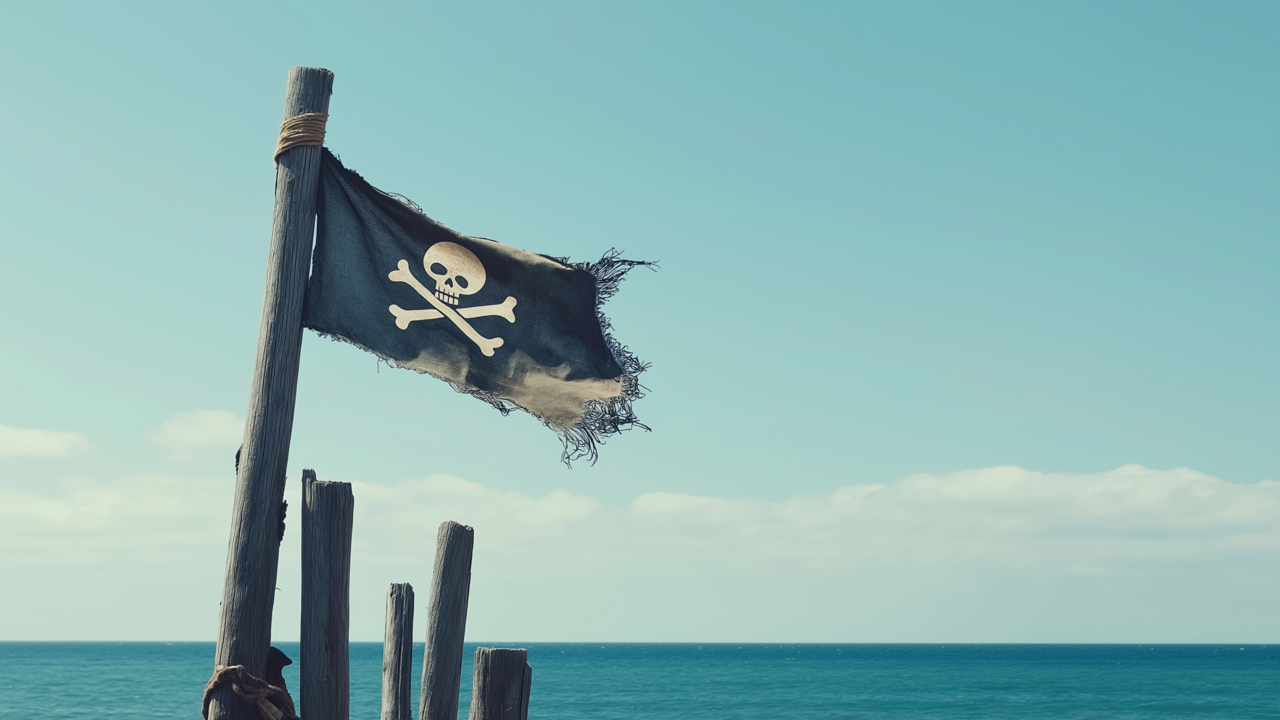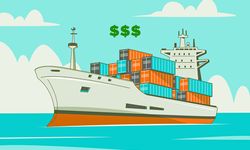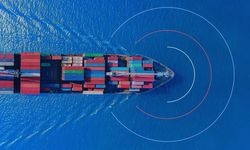What is Maritime Crime?
Maritime crime refers to a range of illegal activities committed in maritime zones, including territorial seas, exclusive economic zones (EEZs), and international waters. These crimes can occur at sea or involve actions that start at sea and continue on land, such as illegal fishing, drug and human trafficking, maritime piracy and environmental offenses like illegal ocean dumping. Maritime crimes not only disrupt the functioning of the seas and oceans but can also have ripple effects on land-based markets and communities, as in the case of illicit fish catches being sold illegally.
Different Types of Maritime Crimes
1. Maritime Piracy and Armed Robbery
Maritime piracy and armed robbery remains one of the most severe crimes within the maritime industry, with the potential for both financial and physical harm. Pirates typically target vessels to hijack them for ransom or steal their cargo. These attacks not only disrupt international trade but also endanger the lives of crew members who may be subjected to violence, kidnapping, or long-term captivity. Maritime piracy and armed robbery at sea are major global concerns, with significant surges observed since the 1980s in regions such as the Straits of Malacca, Somalia’s coast, the Gulf of Guinea, and the Sulu and Celebes Seas.
IMB reported that piracy and armed robbery incidents during the first nine months of 2024 reached their lowest levels since 1994. A total of 79 incidents were recorded, a notable drop from 99 incidents in the same period last year. Despite this progress, the IMB and its Piracy Reporting Centre emphasize that crew safety remains a concern, highlighting the need for continued vigilance. Organizations like Regional Cooperation Agreement on Combating Piracy and Armed Robbery against Ships in Asia (ReCAAP) advise ships to enhance safety measures. Factors such as corruption and poverty, the root causes of piracy, continue to influence its prevalence, posing a persistent global threat.
2. Illegal, Unreported, and Unregulated (IUU) Fishing
Illegal fishing involves the unauthorized capture of marine life, typically in violation of national laws or international agreements. Illegal, Unreported, and Unregulated (IUU) fishing is particularly harmful as it involves ships operating without proper permits or disregarding international quotas. It is a major threat to marine ecosystems, contributing to the depletion of fish stocks, destruction of habitats, and undermining the livelihood of legal fishermen.
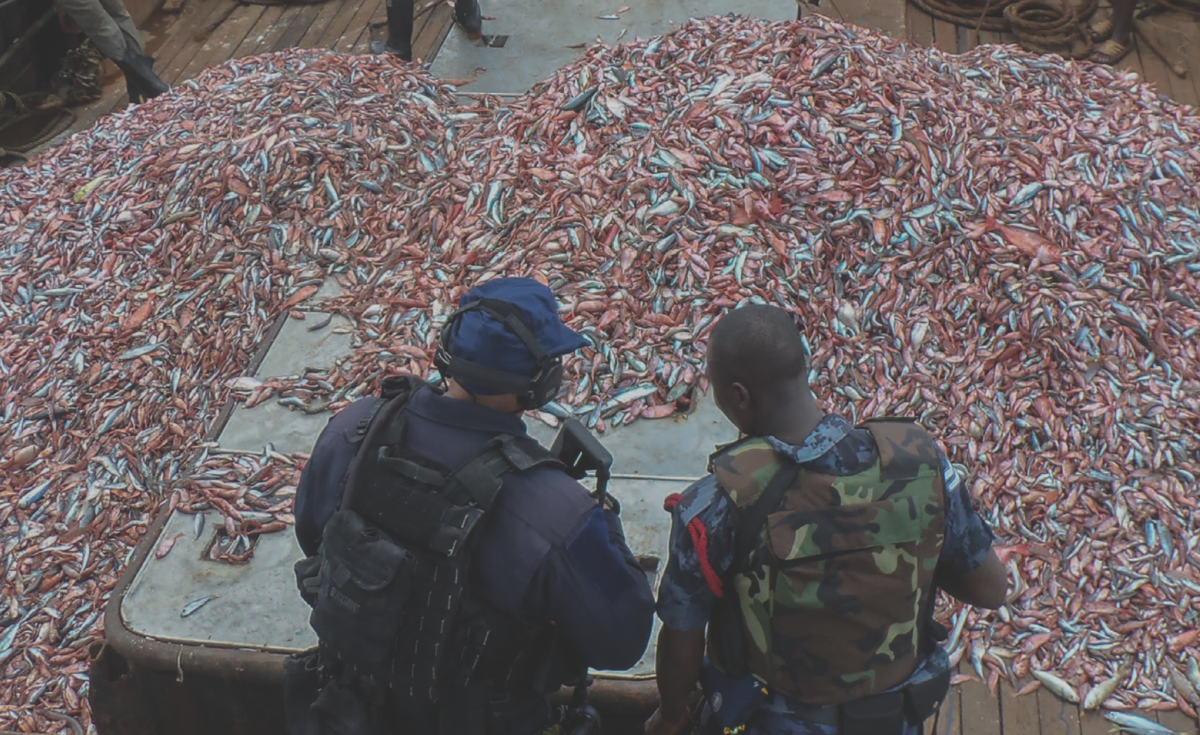
The Food and Agriculture Organization (FAO) estimates that around 26 million tons of fish are illegally caught annually, making up over 15% of global fishing, resulting in economic losses of $26–50 billion. Additionally, IUU fishing contributes to 20% of the world's reported catch, with nearly 30% stemming from overfishing, which endangers ecosystems, fish species, and the socio-economic stability of fishing communities worldwide.
3. Human Trafficking
The fishing industry is closely linked to human trafficking, which ranks as the third most profitable transnational organized crime. Victims of human trafficking are often immigrants from impoverished countries in search of better opportunities, making them vulnerable to exploitation within the fishing industry. Additionally, asylum seekers trying to escape persecution in their home countries can become victims of human smuggling while attempting to enter new regions undetected.
4. Drug Trafficking
Drug trafficking via the seas is one of the most pervasive forms of maritime crime. Criminal syndicates frequently use various types of vessels—ranging from cargo ships to small fishing boats—to smuggle illicit drugs across international waters. These illegal shipments are often routed through remote or poorly monitored maritime zones, making it difficult for authorities to intercept them. The vastness of the oceans provides traffickers with the opportunity to evade law enforcement and deliver large quantities of drugs to global markets, fueling addiction and violence in many countries.
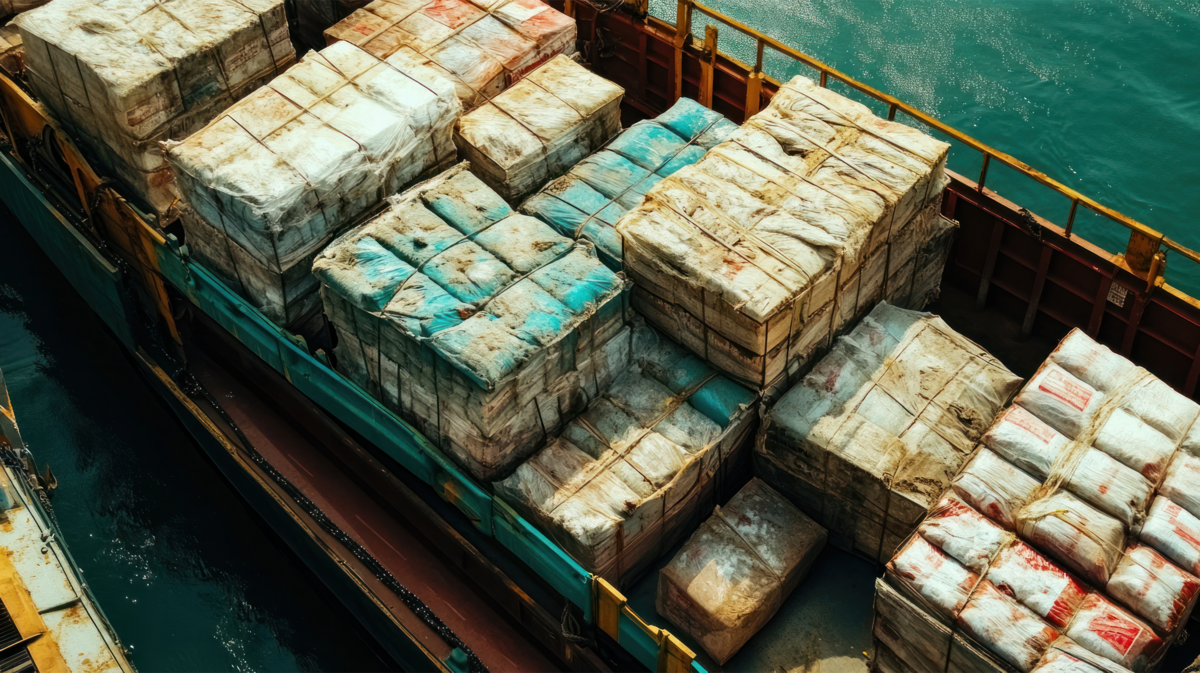
Global drug trafficking is estimated to generate about $400 billion annually, with cocaine, opium, and cannabis being the most commonly trafficked drugs. Certain regions, such as the Caribbean, North Atlantic, and Southeast Asia, are known hotspots for drug trafficking, where fishing vessels are often reported to be involved in these illicit activities.
5. Wildlife Trafficking
Wildlife trafficking is another highly profitable transnational crime, involving the illegal trade of animals, animal products, and plants, mainly to global markets in Asia and Southeast Asia. It is considered one of the largest illicit trades. According to the World WISE (United Nations Office on Drugs and Crime’s World Wildlife Seizures) database, over 180,000 wildlife items were seized worldwide in 2020, with the illegal wildlife trade estimated to generate between $7 billion and $23 billion annually, excluding fish and timber. Corruption, both at the individual and systemic levels, is a key driver of this growing illegal trade.
6. Illegal Transportation of Weapons
The illegal transportation of arms and ammunition by sea is a serious concern that threatens maritime safety and regional stability. While specific vessels are authorized to carry weapons for legitimate purposes, criminals often disregard these regulations and use maritime routes to transport arms illegally. This practice endangers the lives of crew members and increases the risk of maritime accidents, as vessels that are not designed to safely carry such hazardous materials may face catastrophic consequences, such as fires or explosions. The unauthorized movement of weapons also fuels conflicts and violence in many regions.
7. Marine Pollution
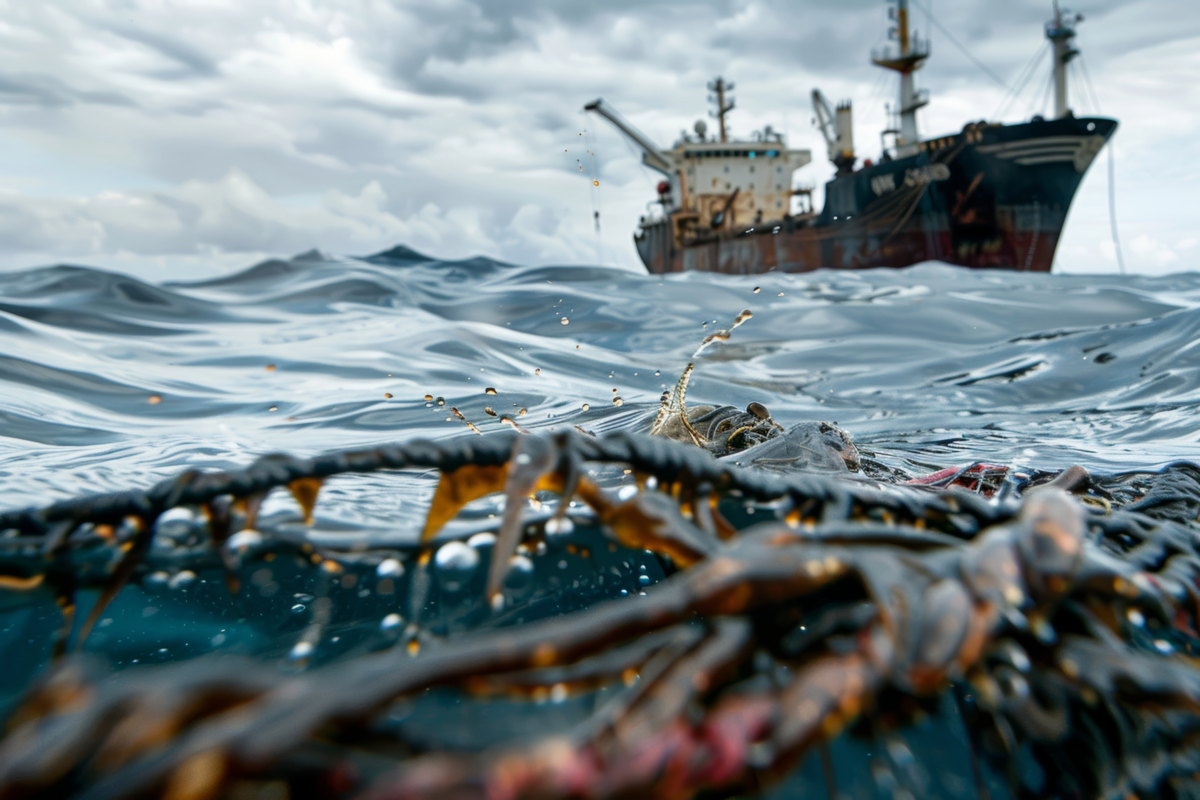
Marine pollution crimes involve the intentional or accidental release of harmful substances like plastics, oil, and industrial waste into oceans, often through illegal dumping, unregulated shipping practices, or offshore activities. Key contributors include fishing, aquaculture, and river pollution, which carries contaminants into marine ecosystems. These activities not only threaten marine biodiversity but also link to organized crime, such as illicit waste trafficking. Weak enforcement and inadequate penalties in certain regions exacerbate the problem. Efforts to combat marine pollution include developing strong legal frameworks, international agreements, and enforcement measures, alongside raising awareness and fostering global cooperation to protect ocean health.
8. Unauthorized Entry into National Waters
Entering a country’s territorial waters without prior authorization is considered a maritime crime and is subject to severe penalties. Ships are required to seek permission from the relevant nation before entering its maritime boundaries, and unauthorized access can lead to arrest or detention. Criminal organizations may exploit vulnerable vessels or clandestine routes to enter foreign waters illegally, often for the purpose of trafficking goods or people. This type of illegal entry can undermine national security and maritime law enforcement efforts.
